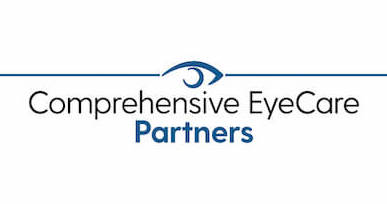
July is the month that the American Academy of Ophthalmologists has designated UV Safety Month. This designation is a way to remind people of the importance of protecting their eyes from harmful UV light.
Keep reading to learn how to choose sunglasses during UV Safety Month!
How Can UV Light Harm The Eyes?
Overexposure to UV light increases your risk of severe eye conditions, including the following:
Cataracts
Studies have shown that UV light can cause rapid damage to the same eye proteins affected by cataracts. While cataracts usually develop over a long period of time, UV light can speed up the formation of cataracts.
Eye Cancers
UV light can increase the risk of developing eye melanoma. Melanomas are cancers that develop in cells that produce melanin, like the eye’s iris.
Eye Growths
The most common type of eye growth is called a pterygium, also known as surfer’s eye. A pterygium is caused by the development of fleshy tissue and can spread to cover the cornea, impairing vision.
Photokeratitis
Photokeratitis is essentially an eye sunburn. The effects of photokeratitis are usually temporary, but multiple occurrences of this eye condition can lead to permanent damage to the cornea.
How Do You Choose the Right Sunglasses for UV Light Protection?
One of the best ways to protect your eyes is with the right pair of sunglasses! A good pair of sunglasses can prevent UV light from compromising the health of your eyes and the quality of your vision.
From convenience stores to sunglass boutiques, there are a lot of places to buy a pair of sunglasses. No matter where you purchase your next pair, following these guidelines can ensure your eyes are protected from UV light:
Look for 100% UV Protection
The best sunglasses offer 100% protection against UV light. Look for a manufacturer’s label or ask your salesperson whether the sunglasses you are interested in offer the highest level of protection.
Choose Larger Lenses
The bigger the lens on a pair of sunglasses, the more protection from UV light. Good options are oversized or wraparound styles that limit UV light from entering the sides of glasses.
Check that Polarized Lenses Offer UV Protection
While polarized lenses are good at reducing glare, polarization does not offer UV light protection. If opting for a polarized lens, ensure they also provide 100% UV protection.
Don’t Assume Darker Lenses Offer UV Protection
It’s a common assumption that the darker the lens, the better the UV light protection, but that is not the case. Regardless of the shade of lenses, always check for the level of UV light protection they offer.
Test the Quality of Sunglass Lenses
You can quickly check the quality of lenses by performing a simple test: First, look at a surface with a rectangular pattern while holding the sunglasses at a comfortable distance and covering one eye. As you then move the sunglasses slowly from side to side and up and down, the lenses are good if the rectangular lines stay straight.
Consider How You Will Be Wearing Your Sunglasses
While regular sunglasses are usually acceptable for day-to-day use or a day at the beach, if you need to wear sunglasses while playing sports, you should look for sunglasses with higher impact protection. Athletes may want to opt for polycarbonate lenses, which offer more impact protection than regular lenses.
Choosing the right pair of sunglasses can ensure your eyes are protected from harmful UV light as you head outdoors this summer. No matter what your sunglass style, make sure your favorite shades offer 100% UV light protection!
Do you want to learn more about the best sunglasses to choose? Schedule an appointment at Shepherd Eye Center at one of our 5 locations in Las Vegas or Henderson, NV, today!


